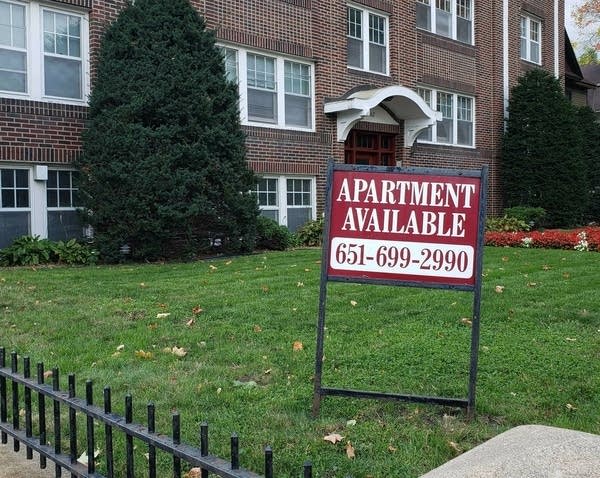How evictions can have lasting impacts on health, housing and poverty

Like this?
Log in to share your opinion with MPR News and add it to your profile.
Like this?
Thanks for liking this story! We have added it to a list of your favorite stories.
Minnesota’s eviction moratorium suspended most evictions from March 2020 to June 2021. Last summer, lawmakers passed a bill to phase out the moratorium, and the number of Minnesotans facing evictions increased dramatically. In November, the Star Tribune reported that the number of evictions was on pace to reach pre-pandemic levels.
Evictions can have lasting physical, mental and financial impacts on those who lose their homes. It’s linked to higher blood pressure, increased anxiety and depression and worse educational outcomes for children. People who are evicted are at greater risk of losing their jobs. During the pandemic, researchers also found that getting evicted increased someone’s chance of COVID-19 infection.
Host Angela Davis talks with two researchers about the long-lasting impacts of evictions, and who is most affected.
Guests:
Brittany Lewis is the founder and CEO of Research in Action and a senior research associate at the University of Minnesota’s Center for Urban and Regional Affairs. She has done extensive research on evictions in the Twin Cities.
Kathryn Leifheit is a postdoctoral fellow at the UCLA Fielding School of Public Health. She is an epidemiologist and she specializes in the impacts of evictions and housing insecurity on health.
Use the audio player above to listen to the full conversation.
Subscribe to the MPR News with Angela Davis podcast on: Apple Podcasts, Google Podcasts, Spotify or RSS.
Support the News you Need
Gifts from individuals keep MPR News accessible to all - free of paywalls and barriers.


